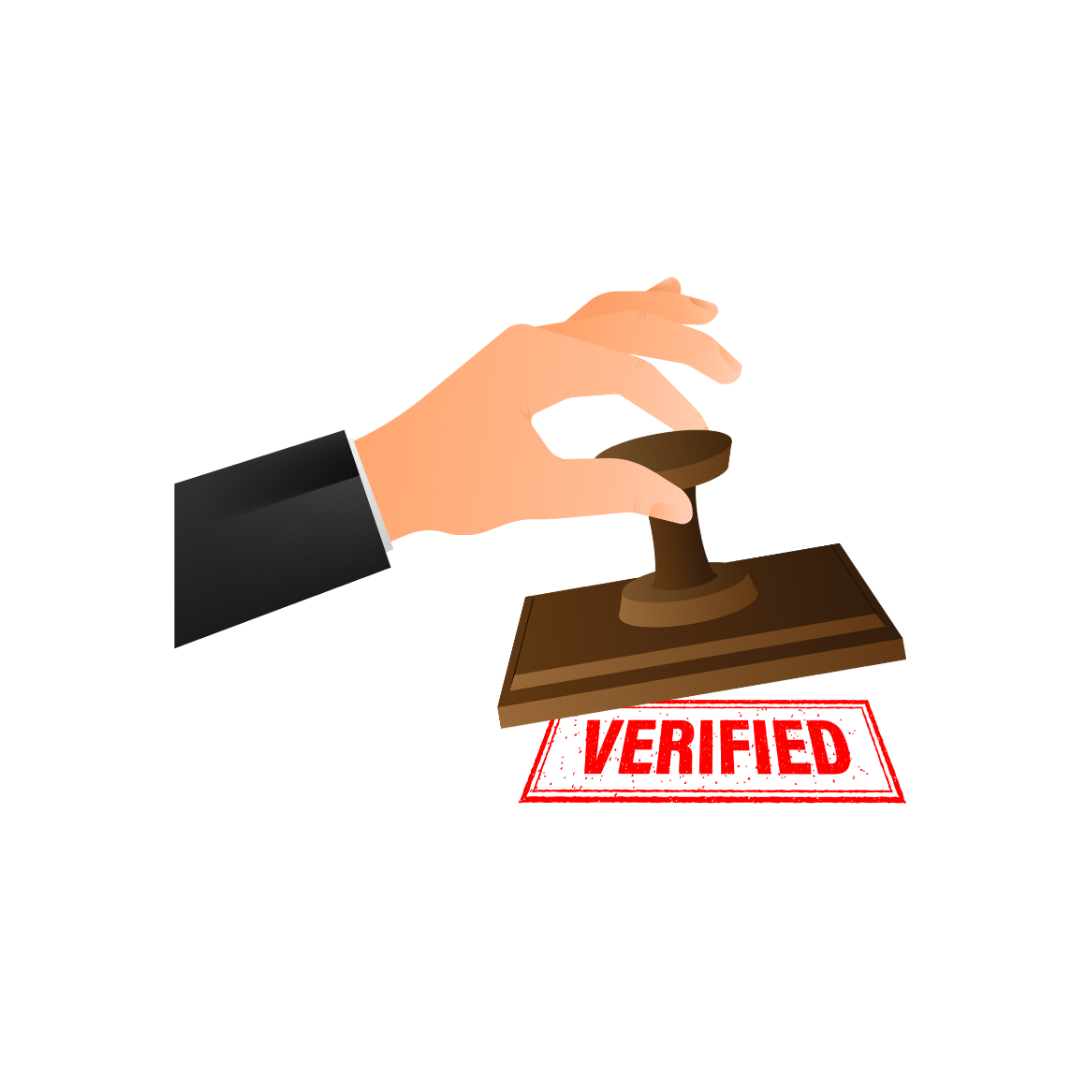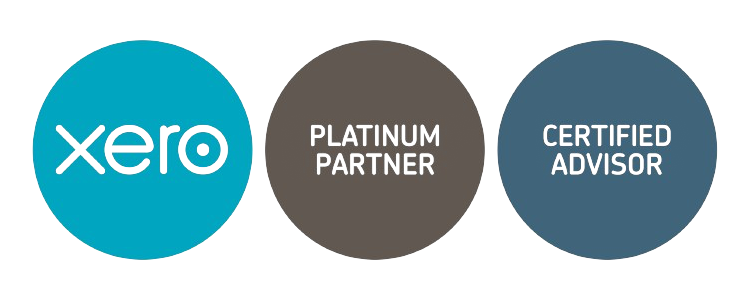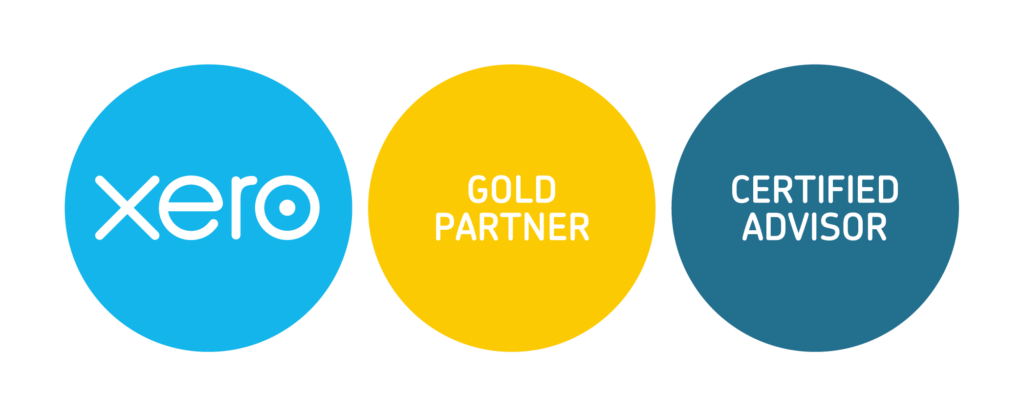CFO GROUP INTEGRATED SERVICES
What's the True Cost of Registering a Company in Singapore?
CFO Group • June 13, 2024
Table of Contents:
- Understanding the Direct Costs: A Quick Glance
- Digging Deeper: Unmasking the Hidden Costs
- The Process of Company Registration in Singapore
- Required Documents for Company Registration in Singapore
- Advantages of Starting a Business in Singapore
- Reducing Costs: The Road Less Travelled
Are you dreaming of launching your business in the vibrant city-state of Singapore? Many share this dream, thanks to Singapore's reputation as a global business hub. However, while the allure is undeniable, navigating the incorporation process here can be complex.
But fear not! We're here to guide you through the essentials, hidden costs, tax benefits, and tricks to save big.
Understanding the Direct Costs: A Quick Glance
The Accounting and Corporate Regulatory Authority (ACRA) oversees Singapore's company registration and corporate structure. As anticipated, each stage of your business journey has a price tag.
- Business Name Approval
Your entrepreneurial journey starts with a name. Registering with ACRA costs S$15, which you pay through the BizFile+ portal. Once approved, the name is yours for the next 60 days. - Company Incorporation
You can register your company with an approved name. Typically, this would cost S$300.
Quick math reveals a minimum direct cost of S$315. But hold onto your calculator; there's more!
Digging Deeper: Unmasking the Hidden Costs

Local Registered Address
ACRA mandates an official local address for all businesses. If you're considering renting an office space, especially in Singapore's buzzing Commercial Business District, prepare to shell out between S$2,000 and S$3,000 monthly. Remember those extra charges for using amenities!

Company Stamp
This stamp, required for official documentation service tax and government fees, comes with its price tag. Depending on the intricacy of the design, a standard logo could cost you between S$19 and S$4
Quick Tip: Collaborating with corporate service providers might get you a faster and cheaper deal.

Navigating Tax Reporting
Tax reporting is your subsequent significant milestone post-incorporation. Singapore's corporate tax rate is 17%. However, the effective rate can be much lower with minimal investment and some astute planning. Initiatives like Singapore's Start-Up Tax Exemption Scheme (SUTE) and Double Taxation Agreements (DTAs) can be leveraged.
The Process of Company Registration in Singapore
Step-by-Step Guide on Registering Your Company with ACRA (Accounting and Corporate Regulatory Authority):
If you plan to start a business in Singapore, one of the first steps is to register your business entity or company with the Accounting and Corporate Regulatory Authority (ACRA). ACRA is the national regulator of business entities and public accountants in Singapore.
Writing to register a company in Singapore with ACRA is crucial as it gives your business legal recognition and allows you to operate legally in the country. Here's a step-by-step guide on how to register your company with ACRA:
Step 1: Choose a Business Name
Before registering your company, you must choose a unique business name that no other company can use. ACRA has guidelines for choosing a business name, so check their website for the requirements.
Step 2: Decide on the Company Structure
Next, you need to determine your company's legal entity structure. Singapore's most common business structures are sole proprietorship, partnership, limited partner, and private limited company. Each business structure profile has advantages and considerations, so it's essential to research and choose the one that best suits your business needs.
Step 3: Gather the Required Documents
You must prepare the necessary documents to register your company with ACRA. These documents include:
- Memorandum and Articles of Association (for a private limited company)
- Identification documents of the directors and shareholders
- Registered office address
- Company constitution (for a private company limited by shares)
Step 4: Register Online
ACRA provides a platform called BizFile+ for company formation, incorporation, and registration. You can access BizFile+ through the ACRA website. Create an account to register a company, and follow the step-by-step instructions to submit your first company incorporation and registration application. Ensure you accurately fill in all the required information and upload the necessary documents.
Step 5: Pay the Registration Fees
Registration fees are part of the registration process. The prices depend on the type of business involved, the registered company and name, and the business structure you choose to register. The fee schedule is on the ACRA website. You can pay registration fees online using various payment methods.
Step 6: Wait for Approval
After submitting your application and paying the fees, you must wait for ACRA to review and approve your application. The processing time can vary, but it typically takes a few days to a few weeks. ACRA will notify you once your name, the company's registered address, and registration fee are approved.
Step 7: Obtain Business Licenses and Permits
Depending on the nature of your business, you may need to obtain additional licenses and permits from other government agencies. ACRA will provide you with a list of the privileges and permits you may require based on your business activities. Comply with all the necessary regulations and obtain the licenses before starting your operations.
Timeline from Application to Approval by ACRA (Accounting and Corporate Regulatory Authority)
Applying for approval from the Accounting and Corporate Regulatory Authority (ACRA) can be a crucial step for businesses in Singapore. Whether business involves registering a new company or a complete bank account, opening a new business or entity, or making changes to an existing company seal another one, it is essential to understand the timeline involved in the application process.
Here is a timeline from application to approval by ACRA:
Application Submission
The first step is to submit your application to ACRA. This can be done online through the ACRA website or using a professional service provider. Ensure you have all the necessary documents and information before submitting your application.
Name Approval (1-2 working days)
ACRA will review your proposed company name and check for any conflicts or similarities with existing terms. This process usually takes 1-2 working days. Choosing a unique and appropriate name ensures this step is completed on time.
Company Registration (15 minutes)
Once your company name is approved, you can begin registering the correct business entity as a separate legal entity and incorporating it. This can be done online through ACRA's BizFile+ portal. The registration company incorporation process typically takes around 15 minutes to complete. You must provide the company's constitution, shareholders', and directors' information.
Payment of Registration Fees
After completing the registration process, you must pay the registration fees. The fees vary depending on the type of company and the services you require. ACRA accepts various payment methods, including credit cards and Internet banking.
Approval and Certificate of Incorporation (1 hour)
Once the payment is made, the company registrar at ACRA will review your application and issue the official Certificate of Incorporation. This document serves as proof that your company is officially registered with ACRA. The approval and issuance of the official Certificate of Incorporation typically take one hour.
Post-Registration Requirements
After receiving the Certificate of Incorporation, you must fulfil a few post-registration requirements. These include appointing officers such as directors and the first registered and qualified company secretary's secretaries, obtaining necessary licenses and permits (if applicable), and setting up statutory registers.
Required Documents for Company Registration in Singapore
If you are considering company registration in Singapore, it is essential to understand the necessary documents and requirements involved in the process. Here are the vital records you will need:
- Directors' and Shareholders' Particulars: You must provide the personal details of all directors and shareholders, including their full names, residential addresses, identification numbers, and copies of their identification documents, such as passports or identification cards.
- Company Name and Business Activities: It would be best if you proposed a unique company name for registration that is not identical to or similar to any existing companies in Singapore. Additionally, it would be best if you described your business activities.
- Registered Office Address: A Singapore company must have a registered office address where official correspondence will be sent. This address must be a physical location, and a residential address cannot be a P.O. Box.
- Memorandum and Articles of Association (MAA): The MAA outlines the company's constitution, including its objectives, share capital, and internal governance rules. You can adopt or customize a standard MAA template to suit your private company's needs.
- Appointment of Company Secretary: Every Singapore company must appoint a qualified secretary within six months of its incorporation. The company secretary must be a Singapore resident and have relevant knowledge of Singapore's corporate laws and regulations.
- Share Capital and Shareholding Structure: Register the share capital amount in a company's shareholding structure. This includes the number of shares each shareholder holds and their respective values.
- Consent to Act as Director and Shareholder: All directors and shareholders must sign a consent form indicating their agreement to act in their respective roles within the company.
- Business Profile: A business profile provides an overview of the company, including its shareholders, directors, and business activities. This document is typically required to open a bank account and conduct business transactions with foreign companies.
- Declaration of Compliance: This document declares that the company has been incorporated in compliance with the Singapore Companies Act and other relevant regulations.
- Additional Licenses or Permits: Depending on your business activities, you may need additional licenses or permits from regulatory authorities. Examples include charges for financial services, food establishments, or employment agencies.
Advantages of Starting a Business in Singapore
If you're considering launching a business, here are some benefits of starting a business in Singapore:
Strategic Location
Singapore's location in the heart of Southeast Asia makes it an ideal business hub for local and international companies. Its proximity to major markets such as China, India, and Australia allows easy access to a vast consumer base. Its excellent infrastructure, world-class airport, and efficient logistics network make it a convenient base for regional operations.
Strong Economy
Singapore boasts a robust and stable economy, with a high GDP per capita and low inflation rates. The country has a favourable business environment and is known for its pro-business policies, making it an attractive destination for investors and entrepreneurs.
The government's focus on innovation and technology has also contributed to the growth of various industries, including financial services, technology, and healthcare.
Tax Incentives
Singapore has one of the most competitive tax systems globally. The corporate tax rate is low, and various tax incentives and exemptions are available for start-ups and small businesses. The government encourages entrepreneurship and innovation by providing grants, subsidies, and tax breaks to support business growth and development.
Skilled Workforce
Singapore has a highly skilled and educated workforce. The country invests heavily in education and training, ensuring a talent pool with expertise in various industries. Additionally, the government has implemented initiatives to attract foreign talent, making it easier for businesses to recruit skilled employees worldwide.
Networking Opportunities
Singapore has a vibrant international business community and hosts numerous networking events, conferences, and trade shows annually. These events provide valuable opportunities for entrepreneurs to connect with potential partners, investors, and customers. The government also promotes networking and collaboration through industry associations and business support organizations.
Reducing Costs: The Road Less Travelled
The cumulative cost of setting up a business in Singapore can be hefty, considering business licenses, foreign company name stamps, corporate bank accounts, local company names, office spaces, government fees, and compliance filing.
Streamline Your Company Registration with CFO Accounts & Services
CFO Accounts & Services is the premier choice for entrepreneurs aiming to navigate the complexities of registering a company in Singapore. Renowned for blending deep traditional accounting knowledge with proactive, modern analytical techniques, CFO Accounts & Services ensures that their clients comply with regulatory demands and secure a competitive edge through strategic financial health.
By choosing CFO Accounts & Services, your business will benefit from a comprehensive array of crucial accounting services during the company's registration. Their expertise covers critical areas such as navigating the intricate tax landscapes, ensuring accurate financial reporting, strategic business structuring, and leveraging cutting-edge accounting technologies to streamline processes.
Take the first step towards a successful business launch in Singapore by scheduling a consultation with CFO Accounts & Services. Begin crafting a robust financial structure that not only meets regulatory standards but also supports your long-term business aspirations. Let their experienced team transform the daunting tasks of compliance and financial management into strategic opportunities, ensuring your business thrives in Singapore’s dynamic economic landscape.
Connect with CFO Accounts & Services today and empower your business setup with expert guidance and efficient solutions, making your entry into the business world smooth and cost-effective.










